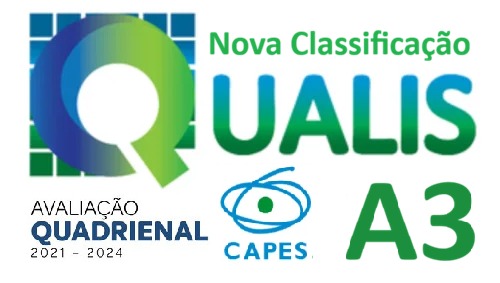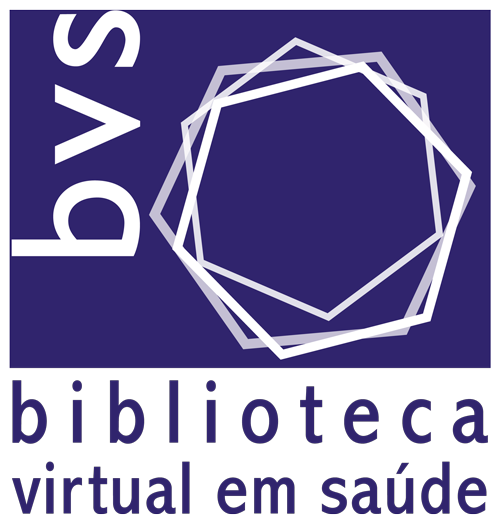New article published: V. 13 n. 1 (2025)
Radiation protection and quality control in radiography services: a comparative study between national and international standards
Abstract: The creation of regulatory standards on radiation protection and quality control (QC) aims to establish a safety standard for services that use sources of ionizing radiation, seeking to guarantee the safety of those who may be exposed. In Brazil, the standard for radiation protection in x-ray imaging is the Resolução da Diretoria Colegiada No. 611 of the Agência Nacional de Vigilância Sanitária and in its Normative Instruction (NI) No. 90 are determined 33 QC tests for conventional medical radiography to be carried out periodically as part of the service's Quality Assurance Program. Internationally, the International Commission on Radiological Protection promotes the advancement of the science of radiation protection. Regarding QC, the tests are mainly established by the International Atomic Energy Agency, the American Association of Physicists in Medicine, the American College of Radiology, and the European Commission. This study aimed to perform a comparative analysis between national and international standards for radiation protection and QC in radiography services. For this, a survey was carried out on radiation protection and QC standards of several countries through documentary research. Differences were observed regarding radiation protection standards between Brazil and other countries. The comparative study demonstrated significant differences in ionizing radiation dose limits and the positioning of the individual dosimeter. The analysis also revealed that NI No. 90 lacks descriptions of QC testing methodologies compared to international ones. In conclusion, the inclusion of additional QC tests, and greater detailing of existing regulations are needed for improvements to NI No. 90. However, it should be noted that Brazil is on par with developed countries regarding radiation protection regulations. Read full article.



























